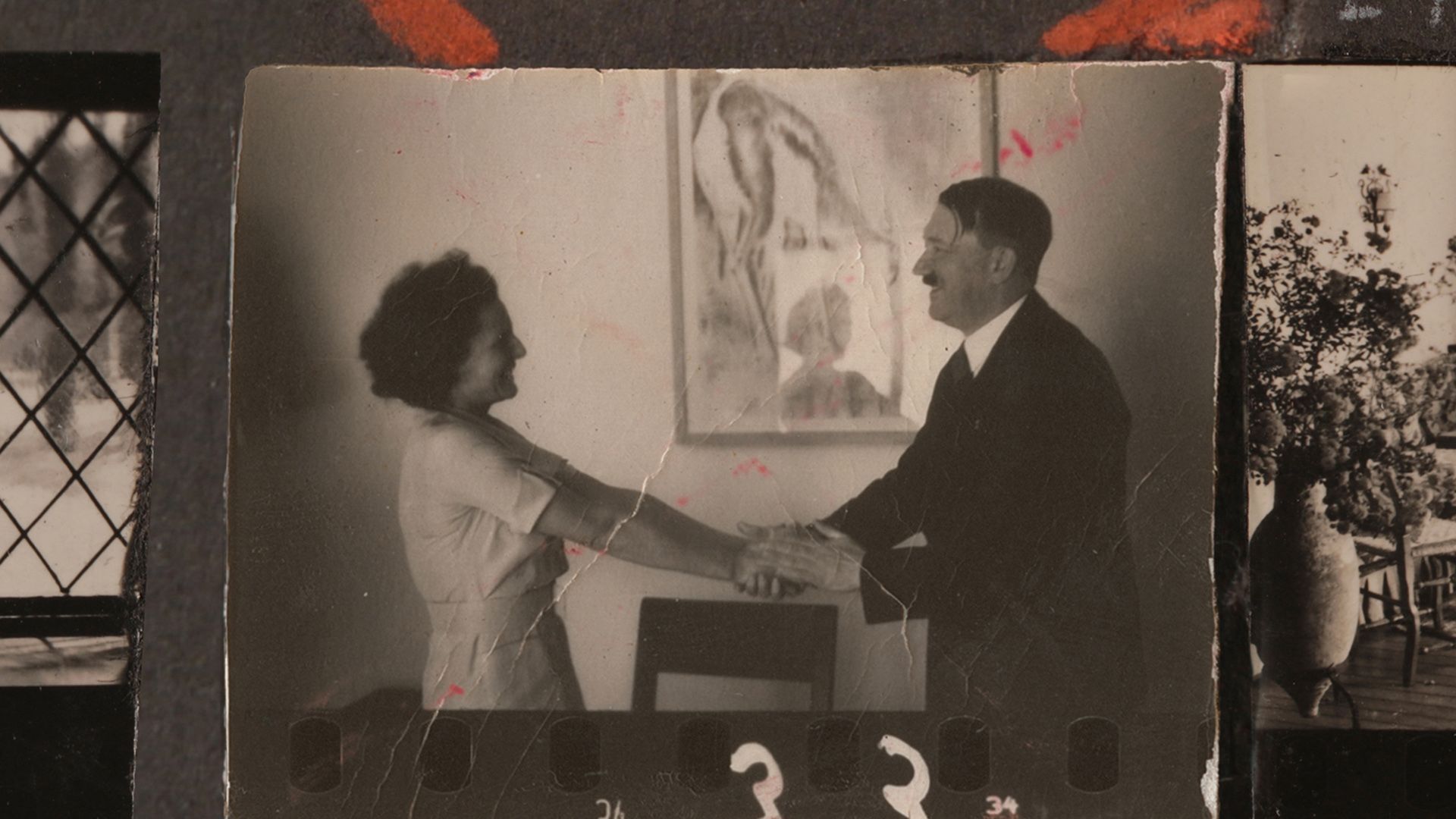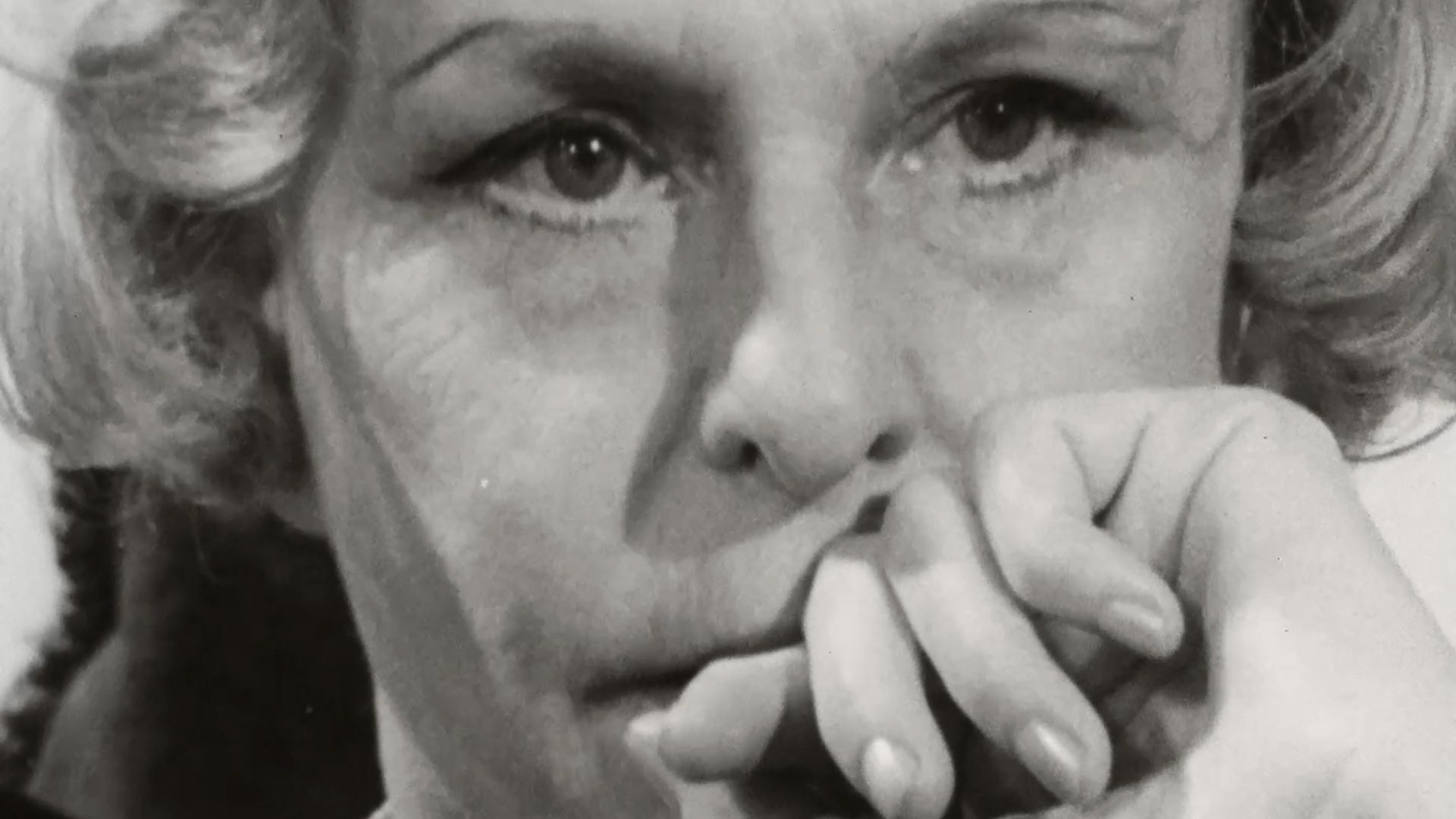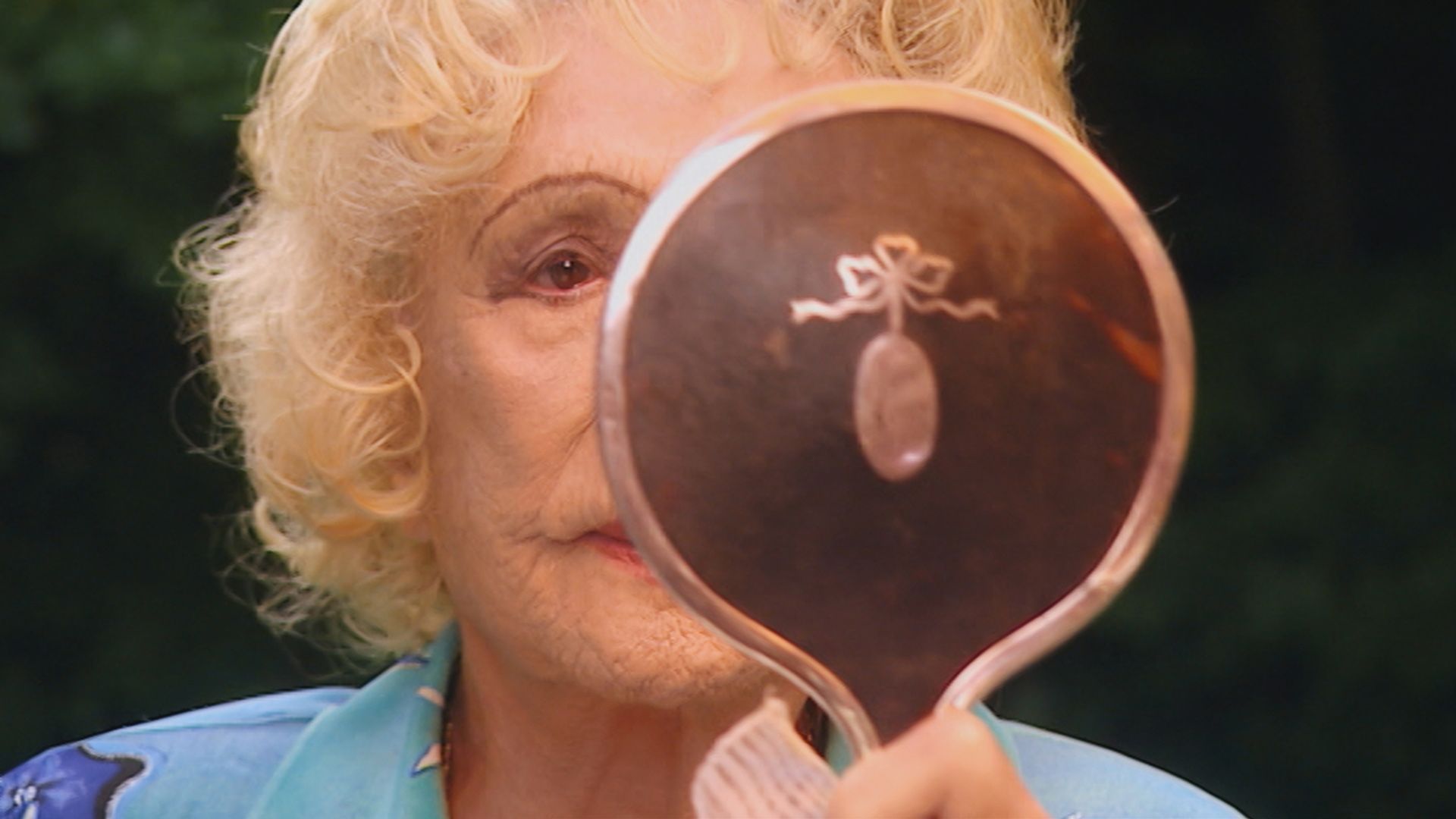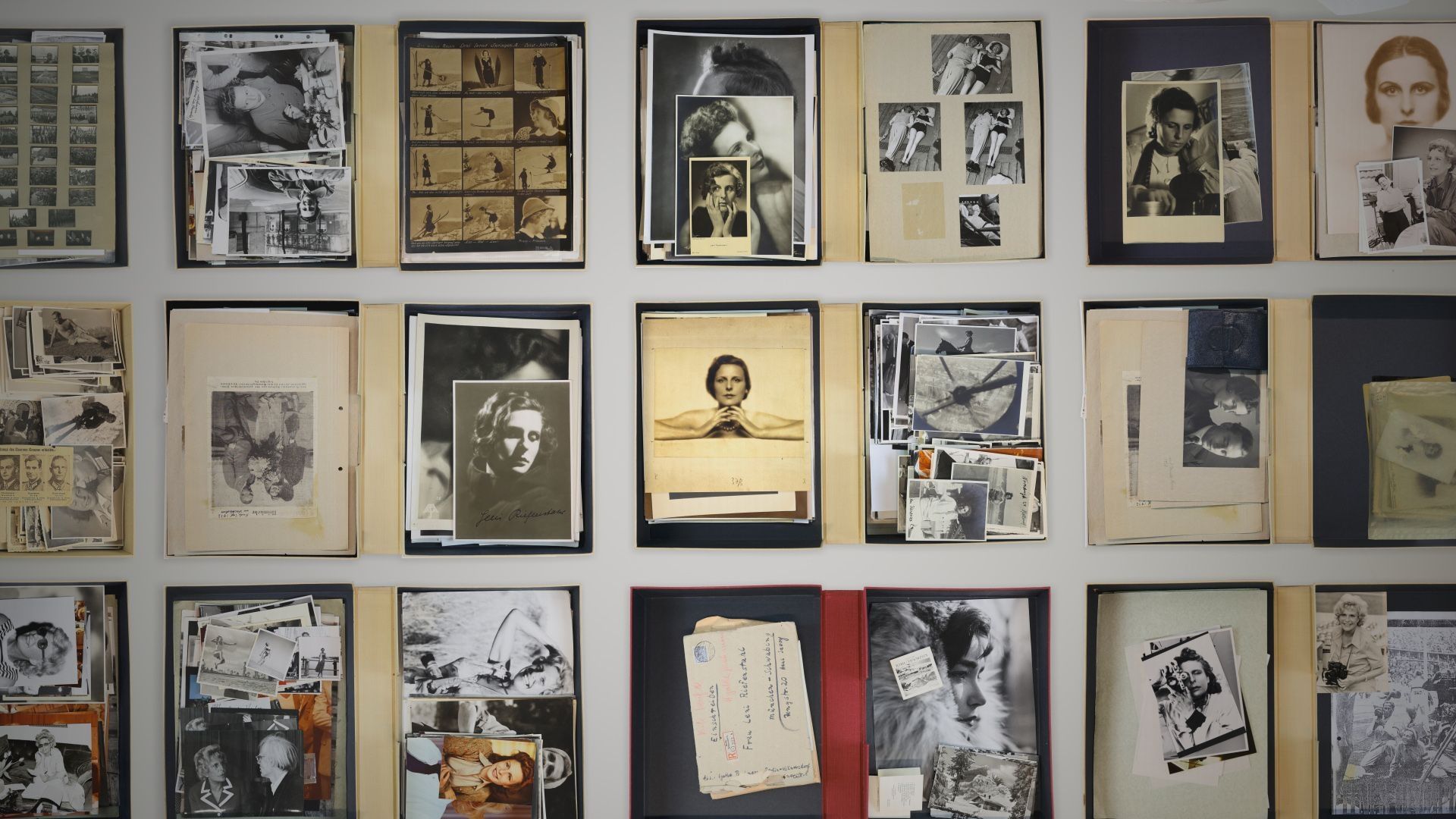Riefenstahl
This film delves into the artistic legacy and complex moral standing of Leni Riefenstahl, one of the most controversial women of the 20th century. With unprecedented access to 700 boxes of her personal estate, opened for the first time, the documentary contrasts her self-portrayal as an apolitical visionary with evidence suggesting a deeper awareness of the Nazi regime’s atrocities.
Famous for “Triumph of the Will”, Riefenstahl lived to the age of 101, spending decades denying her ties to Nazi ideology. The film asks: Was she a visionary, a manipulator, or simply a liar? Through never-before-seen insights, the film explores her struggle to redefine her legacy, offering a fascinating and intimate portrait of the woman behind the camera.
Войти в систему, чтобы добавить фильм в свой шортлист
Balagan (1994, doc), Die Überlebenden (1996, doc), Black Box BRD (2001, doc), Die Spielwütigen (Näitlemisele pühendunud, PÖFF 2004, doc), Wer wenn nicht wir (If Not Us, Who?, 2011), Beuys (PÖFF 2017, doc), Riefenstahl (2024, doc)
Goethe Instituut






